Raisins have always been a popular snack and a versatile ingredient in various culinary preparations. Among the different varieties available, golden raisins and black raisins stand out due to their distinct flavors, textures, and nutritional profiles. This article aims to shed light on the crucial differences between golden and black raisins while exploring their respective market potential. 1. Cultivation and Processing: Golden raisins, also known as sultanas, are made from Thompson Seedless grapes. To produce golden raisins, the grapes are harvested when fully ripened and then dipped in a warm water solution or sulfur dioxide to maintain their light color. They are then sun-dried or mechanically dried to reduce moisture content. On the other hand, black raisins, sourced from different grape varieties like Muscat or Corinth, undergo a different processing technique.
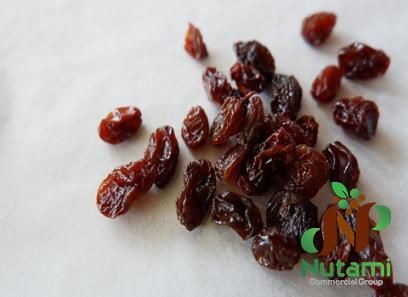
.
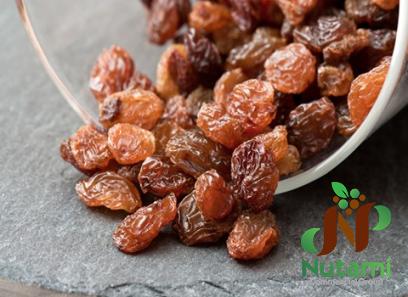 These grapes are left on the vines after ripening until they become fully dried and shriveled in the sun. This natural drying process gives black raisins a darker and slightly tangier flavor compared to golden raisins. 2. Flavor and Texture: Golden raisins are characterized by their mild, sweet taste with subtle floral undertones. They have a chewy and tender texture, making them a popular choice for snacking or as an ingredient in baked goods, salads, and trail mixes. Golden raisins also tend to be plumper and juicier than their black counterparts. Black raisins, on the other hand, have a bolder and more intense flavor. They possess a natural sweetness with hints of tartness, providing a unique flavor profile. Black raisins are often used to enhance the taste of savory dishes, including rice pilaf, stews, and curries. They also add depth to desserts like cookies, cakes, and puddings. 3. Nutritional Profile: Both golden and black raisins are packed with essential vitamins, minerals, and antioxidants that offer numerous health benefits.
These grapes are left on the vines after ripening until they become fully dried and shriveled in the sun. This natural drying process gives black raisins a darker and slightly tangier flavor compared to golden raisins. 2. Flavor and Texture: Golden raisins are characterized by their mild, sweet taste with subtle floral undertones. They have a chewy and tender texture, making them a popular choice for snacking or as an ingredient in baked goods, salads, and trail mixes. Golden raisins also tend to be plumper and juicier than their black counterparts. Black raisins, on the other hand, have a bolder and more intense flavor. They possess a natural sweetness with hints of tartness, providing a unique flavor profile. Black raisins are often used to enhance the taste of savory dishes, including rice pilaf, stews, and curries. They also add depth to desserts like cookies, cakes, and puddings. 3. Nutritional Profile: Both golden and black raisins are packed with essential vitamins, minerals, and antioxidants that offer numerous health benefits.
..
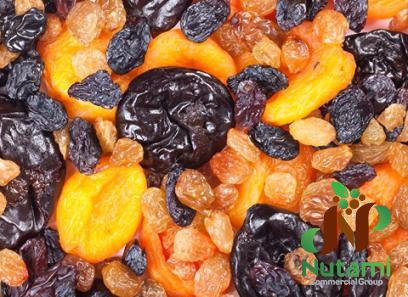 However, there are some slight variations in their nutritional content. Golden raisins are rich in iron, potassium, and vitamin C, making them a great choice for boosting energy levels, improving digestion, and supporting immune function. They are also a good source of dietary fiber and contain fewer calories compared to black raisins. Black raisins, although slightly higher in calories, contain higher amounts of antioxidants, particularly polyphenols, which are known for their potential anti-inflammatory and anti-cancer properties. They are also an excellent source of natural sugars, vitamins B and K, and minerals like calcium and magnesium. Market Potential: The market potential for both golden and black raisins is significant, and it largely depends on consumer preferences and regional demand. Golden raisins dominate the global market due to their versatility and milder flavor, making them a popular choice among consumers worldwide.
However, there are some slight variations in their nutritional content. Golden raisins are rich in iron, potassium, and vitamin C, making them a great choice for boosting energy levels, improving digestion, and supporting immune function. They are also a good source of dietary fiber and contain fewer calories compared to black raisins. Black raisins, although slightly higher in calories, contain higher amounts of antioxidants, particularly polyphenols, which are known for their potential anti-inflammatory and anti-cancer properties. They are also an excellent source of natural sugars, vitamins B and K, and minerals like calcium and magnesium. Market Potential: The market potential for both golden and black raisins is significant, and it largely depends on consumer preferences and regional demand. Golden raisins dominate the global market due to their versatility and milder flavor, making them a popular choice among consumers worldwide.
…
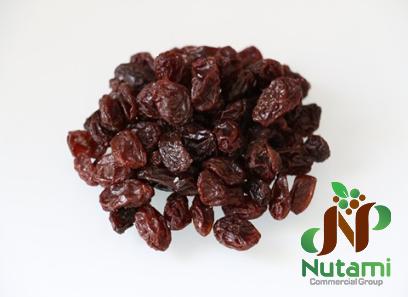 They are widely used in baking, confectionery, and breakfast cereal industries. However, black raisins are gaining popularity due to their robust flavor and unique usage in several culinary traditions. They have a strong presence in Middle Eastern and Mediterranean cuisine, and their demand is gradually expanding globally. Conclusion: Both golden and black raisins offer distinct flavors, textures, and nutritional benefits, making them valuable ingredients in various food applications. While golden raisins are favored for their versatile use and milder taste, black raisins provide an intense flavor that complements specific dishes and culinary styles. Exploring these differences and understanding the market potential creates opportunities for businesses to cater to diverse consumer preferences and tap into the growing demand for raisin-based products.
They are widely used in baking, confectionery, and breakfast cereal industries. However, black raisins are gaining popularity due to their robust flavor and unique usage in several culinary traditions. They have a strong presence in Middle Eastern and Mediterranean cuisine, and their demand is gradually expanding globally. Conclusion: Both golden and black raisins offer distinct flavors, textures, and nutritional benefits, making them valuable ingredients in various food applications. While golden raisins are favored for their versatile use and milder taste, black raisins provide an intense flavor that complements specific dishes and culinary styles. Exploring these differences and understanding the market potential creates opportunities for businesses to cater to diverse consumer preferences and tap into the growing demand for raisin-based products.

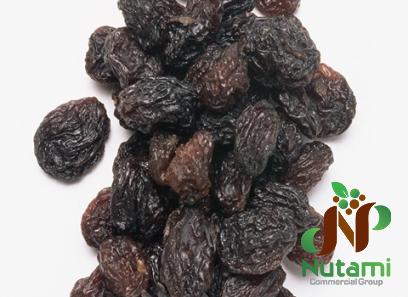
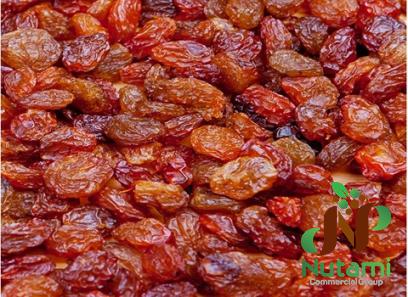
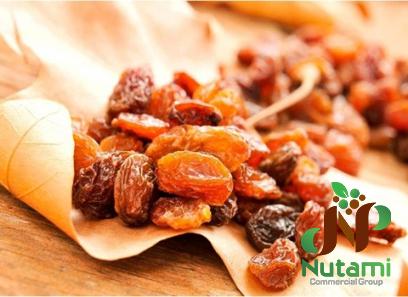

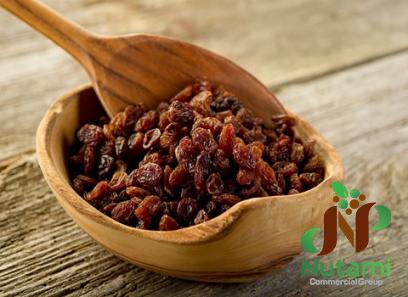
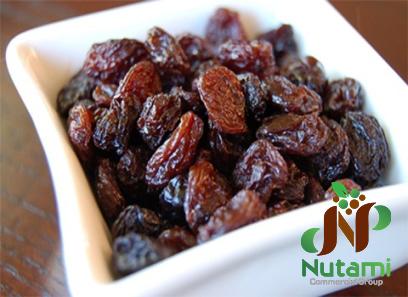
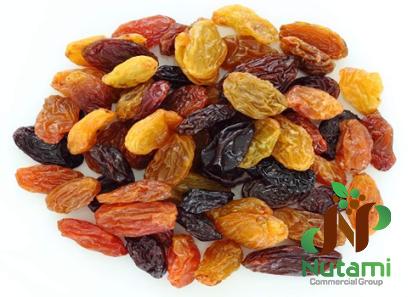
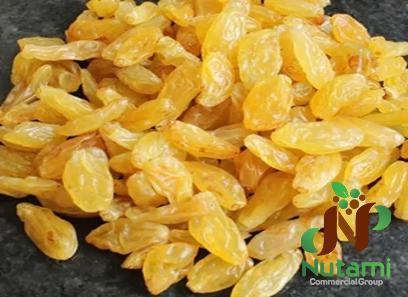
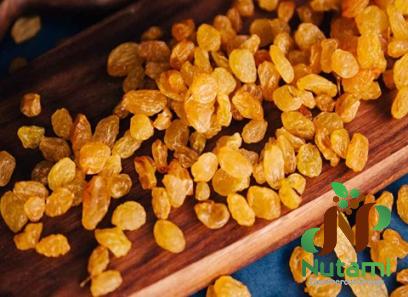
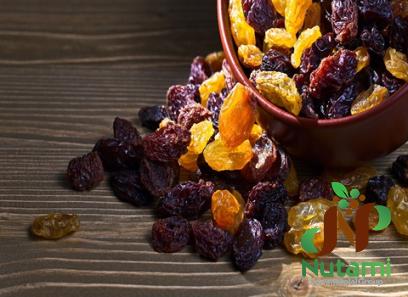
Your comment submitted.